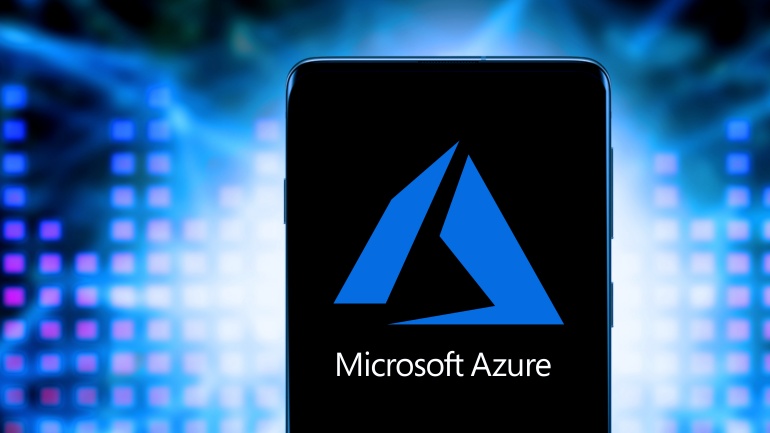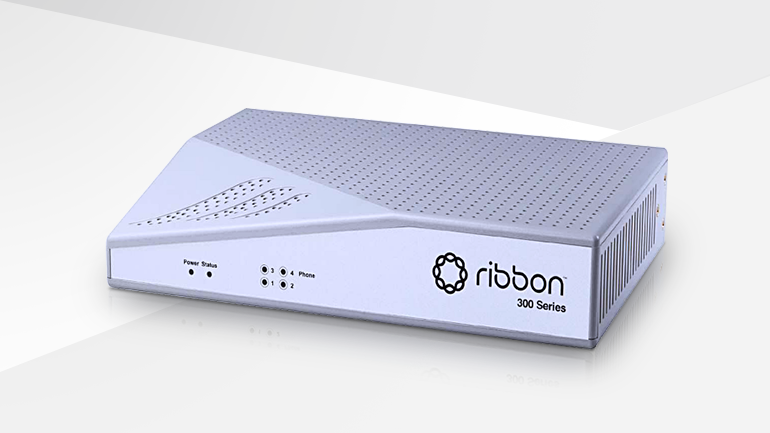Singapore based Epsilon Telecommunications, a global connectivity provider simplifying the connectivity for companies, applications and information worldwide as well as in the cloud, has been acquired for $145 million by KT Corporation, South Korea’s largest telecommunication operator. Epsilon has 260 points of presence in 41 locations across 20 countries, including the Chinese mainland. Furthermore, the firm has data centers in London, New York and Singapore. The firm offers cloud, ethernet, SD-WAN, colocation and voice services, as well as its own network-as-a-service platform called Infiny. “The acquisition of Epsilon by KT is a great milestone on our company’s journey and recognition of the hard work of our teams across the globe,” said Michel Robert, Chief Executive Officer at Epsilon Telecommunications. “The acquisition is a logical next step for both businesses and a fantastic opportunity for customers, partners and internal teams.” KT purchased the company in collaboration with the…
Vodafone and Google Cloud have announced a six-year strategic partnership to promote the use of reliable and secure data analytics and insights in support of new digital products and services that will be introduced to Vodafone’s customers around the world. Under the terms of the expanded agreement, the companies will work together to create a new and robust integrated data platform with additional capabilities to process and transfer huge amounts of data worldwide from numerous systems to the cloud. As part of the six-year contract, Vodafone will also transfer data from its own servers to Google Cloud. The platform “Nucleus” will feature a new system – “Dynamo”. This platform will manage data across Vodafone to offer its customers new, customized products and services in a variety of markets. The platform will be able to process about 50 terabytes of data per day in the cloud, which equates to…
Ever since VoIP disrupted the telecom sector, things have never been the same. In today’s fast track world everyone is familiar with this technology. Maybe not by name, but certainly with the use of it. By using VoIP with a capable Internet connection, you can call anyone, anywhere in the world, without paying your network service provider for the call. Starting to sound familiar, right? Today, VoIP is the dominant force in telecoms and continues to grow in influence. VoIP is becoming more and more valued by the companies requiring communications, which basically includes every company in existence today. It is predicted that the VoIP market will grow by 12% between 2019 and 2025. All thanks to its low cost, decentralization and extensive capacity. It is clear that VoIP is adapting to the cosmopolitan era that Immanuel Kant philosophized about. It is clear – VoIP advancement continues to strengthen its…
Google Cloud has announced a new 10-year strategic partnership with the Canadian telecommunications company Telus. The two companies plan to work together on developing new services and products for several key industries, including healthcare, agriculture, security and connected homes. Through this partnership, Telus will accelerate the adoption of its public cloud on the Google Cloud enterprise platform to ensure greater interoperability across its IT backbone and network infrastructure. Google Cloud will also become one of Telus’ partners in providing 5G services and Multi-Access Edge Computing (MEC), which uses the Google Cloud-powered application platform Anthos. Telus and Google Cloud will prioritize collaboration to improve their Canadian customers’ social, economic, environmental and health performance, and at the same time, work to reduce their carbon footprint. Telus will also use Google Cloud Contact Center AI to improve customer interaction and reduce costs. One of the main areas of focus of…
Telecommunications giant Telefónica has expanded its long-standing technology partnership with IBM and announced the release of Cloud Garden 2.0, the next step in Telefonica’s cloud services platform to accelerate application modernization. Cloud Garden 2.0 is supported on IBM Cloud Pak and Red Hat OpenShift. The first iteration of Cloud Garden, launched in 2019, was originally based on IBM Cloud Private technology. However, Cloud Garden 2.0 switched to the hybrid Red Hat OpenShift cloud Kubernetes platform and the IBM Cloud Pak for Application. Telefónica customers can now run their applications on containers on premises or in the cloud environment of their choice, along with the simplification and speeding up when launching new solutions. Cloud Garden 2.0 is hosted through Telefonica’s Virtual Data Center in Spain, helping its customers experience low latency and better uptime for managing their applications. Andrés López Hedoire, de Enterprise Product Marketing Director, Telefónica España, commented:…
The international telecommunications company, Colt Technology Services Group, has announced that it is releasing its Cloud Session Border Controller (SBC) in partnership with AudioCodes. This cloud-based voice solution provides Direct Routing as a Service to quickly enable PSTN calls for Microsoft Teams. The Colt Cloud SBC provides an important step towards speeding up and simplifying the implementation of PSTN calling in Teams. With Direct Routing as-a-service, provided by the cloud-based voice solution, users do not require on-premises hardware or hardware in a data center. According to the company, the new service provided more efficiency for both large and small businesses, as onboarding was completed in less than a week. Developed in collaboration with AudioCodes, a leading provider of smart voice networks, this new offering is an extension of Colt’s Intelligent Communications offering that was launched in 2019. The power of Microsoft 365 and Teams, along with Colt’s voice and…
Microsoft is expanding in the communications market with the introduction of their Azure Communication Services. This new service is a fully managed communication platform for integrating calls, chats and SMS into business organizations and their applications. Azure Communication Services allows users to develop new communication solutions or integrate them into existing applications, avoiding high costs, complexity, or time wastage. Voice and video calling, as well as chat services will be available immediately, while SMS and phone numbers will be released in October. Over the past few years, Microsoft has gained a wealth of experience in this area, thanks to the large success of their Teams service. Azure Communication Services also uses the same secure platform that runs Microsoft Teams and is built natively on Azure. Scott Van Vliet, corporate vice president for Intelligent Communication at the company, commented: “Azure Communication Services is built natively on top of…
Zoom, the communications technology company that provides video telephony and online chat services through a cloud-based software platform, has announced the expansion of its Zoom Phone coverage. Cloud phone services are now available in 40-plus countries and the company has also simplified the telephone service plan for international companies. Zoom Phone now covers more than 40 countries and territories across Europe, North America, Latin America and the Asia-Pacific region. The newly added countries and territories to Zoom Phone support are: Argentina, Brazil, Bulgaria, Chile, Columbia, Costa Rica, Croatia, Czech Republic, Ecuador, Estonia, Finland, Greece, Hong Kong SAR, Hungary, Lithuania, Luxemburg, Mexico, Norway, Panama, Peru, Poland, Romania, Singapore, Slovakia and Slovenia. Under the Global Select plan, a company can employ local calling in more than 40 countries and territories where Zoom provides Public Switched Telephone Network (PSTN) services, supporting outbound and inbound calls with integrated telephony features that allow…
IPFone, a provider of cloud-based business unified communications and telephony services, together with Ribbon Communications Inc., a global provider of real time communications software and network solutions to service providers, enterprises and critical infrastructure sectors, announced that they are making use of Ribbon‘s Intelligent Edge portfolio to ensure that their customers are able to seamlessly work from home during the COVID-19 pandemic. Ribbon‘s EdgeMarc 2900, deployed at several IPFone sites in various states, helps support IPFone’s business customers as the company experiences an increase in its network usage. EdgeMarc devices are located at the edges of the customer network to ensure the successful deployment of IP-based communications services that improve voice quality, security and visibility on the customer network. Also, the EdgeMarc 2900 allows IPFone to easily adapt to the smallest or largest customer installations, while providing secure service delivery capabilities. This architecture enables the company to proactively keep…
The US technology company Ribbon Communications has introduced its new EdgeMarc 300 Series to provide small businesses, home office and branch office customers that currently have analog voice infrastructure, with an easy and cost-effective way to capitalize on IP-based voice services. The cloud solutions provider said that the EdgeMarc 300 is part of the recently launched cloud-based Ribbon Next Generation Intelligent Edge portfolio, which securely connects and enhances enterprise voice and data applications, including Microsoft Teams. This portfolio of edge solutions delivers service assurance, advanced analytics, security, policy and routing functionalities for cloud communications applications. Ribbon’s EdgeMarc 300 is a survivable branch office solution that supports the integration of analog endpoints and the public switched telephone network (PSTN), as well as Session Initiation Protocol (SIP) calls. This gateway provides connectivity between analog and SIP devices, enabling branch offices to rapidly migrate analog phones to a SIP-based network and communicate seamlessly with…













